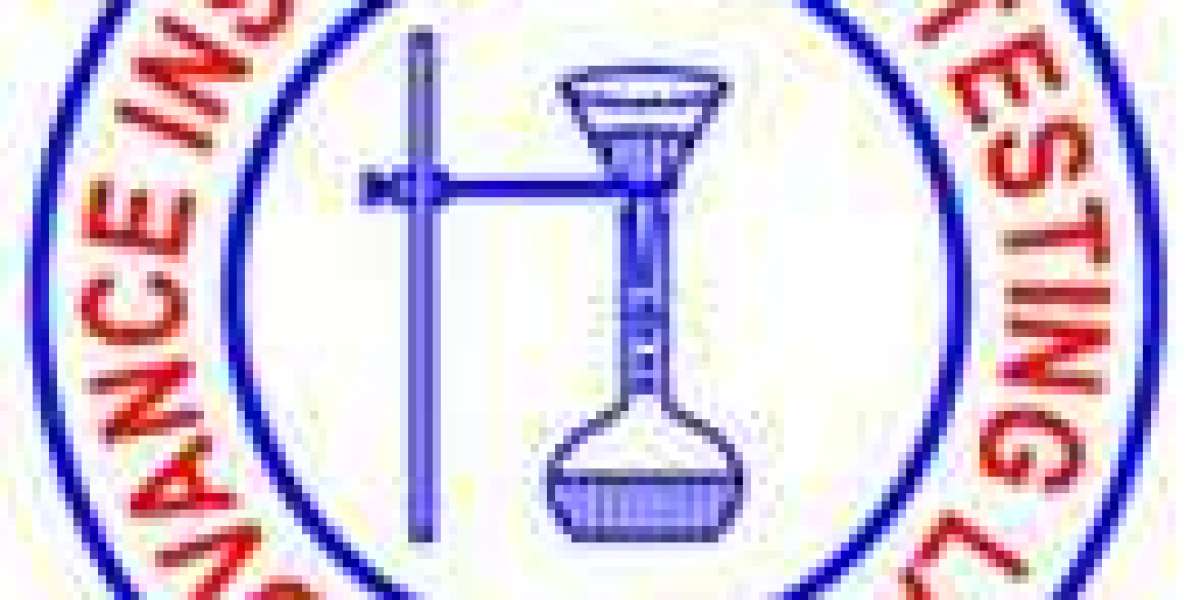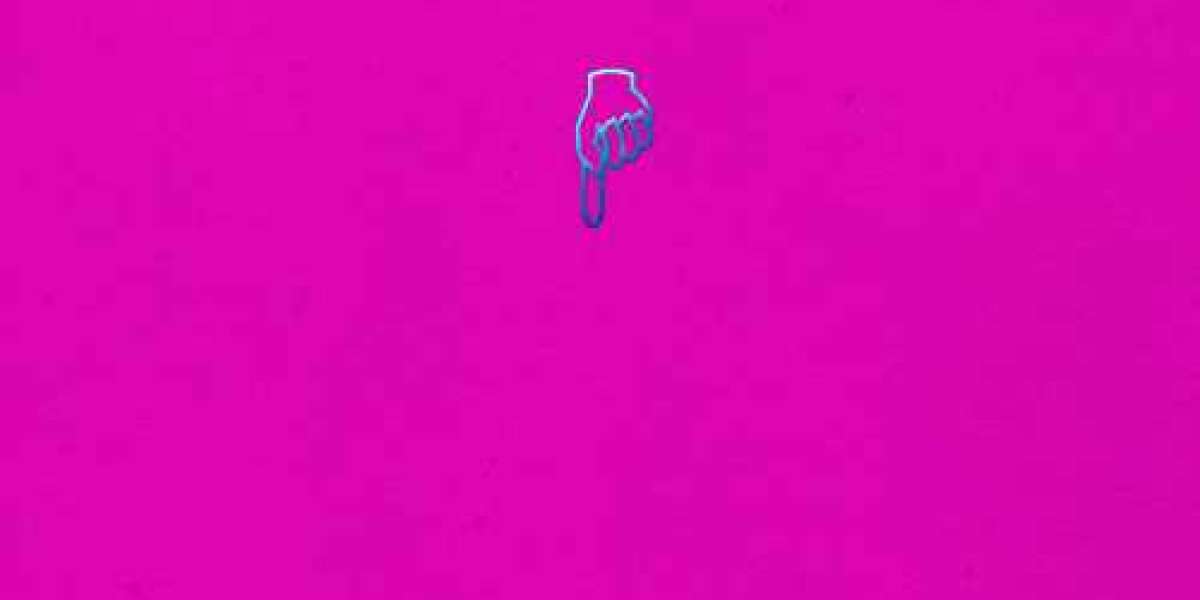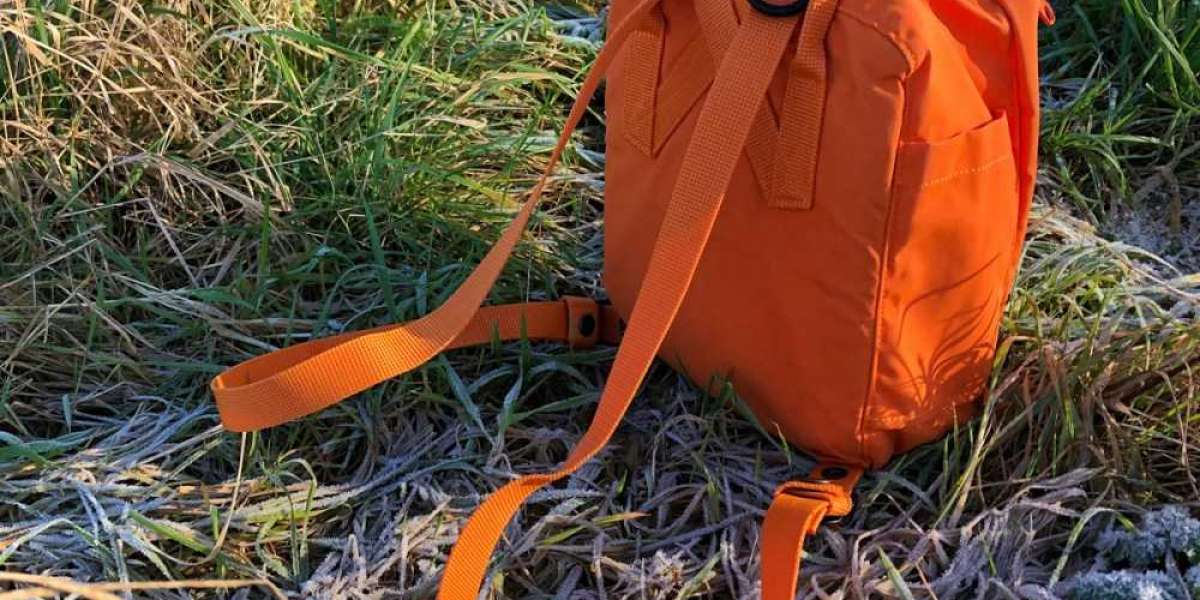The government has mandated a drinking water testing lab in every district of a state and is providing technical and financial support for the project. The Ministry of Drinking Water and Sanitation also provides training to five people in every village to monitor the quality of the water supply. The women, who are the primary testers, will perform the tests. The labs will collect and test the water for various contaminants, including pesticides, metals, and nutrients.
The DDWS, a division of the Union Jal Shakti ministry, is in charge of monitoring water quality in India. The results of the tests are made available to the public at a reasonable fee. The laboratory's accreditation by the National Association of Building and Fire Inspectors (NABL) is necessary to perform the tests. DDWS is responsible for certifying water quality for public and private sectors.
The Water Analysis Laboratory is equipped with the latest modern instruments to test the quality of water. They can analyze the quality of water samples from the various industries, such as food and fermentation industries.
They can also test the water samples from cooling towers, which are essential for many industries. Moreover, the testing protocols are in accordance with the Standards specified by the concerned authorities. They can also perform the tests on a regular basis, which can ensure better health outcomes for people in different parts of the country.
The National 'Jal Jeevan Mission' has leveraged the technical capacity developed by the ICMR to establish a full-fledged drinking water testing lab in Sayla, Surendranagar, Gujarat. The address is 544 Belgium Towers, Ring Road, Opp. Liner Bus Stand, Surat- 3, Gujarat, INDIA.
The laboratory will be capable of performing air samples, food sampling and hazardous waste analysis. The NjMP's 'Water Quality Information Management System' will flag adverse test reports automatically and alert state and central authorities, which will then take corrective action.
The CDC is an independent body under the Department of Science and Technology and provides third-party assessments of drinking water and sewage laboratories. The NABL certification helps ensure the quality and technical competence of water testing laboratories.
It also carries out efficiency evaluations of water purifiers. The CDC's extensive services and online portal help the public access the results of the water. The ICMR's comprehensive online portal is an important resource for the public and is a useful tool to monitor the quality of water supplies.
Apart from the PH-level tests, the EC has also approved drinking water quality monitoring and surveillance systems. This software is used to assess the quality of water supplies and the levels of various contaminants. It also helps the authorities decide on the level of a water's purity.
The CDC has endorsed the methods for testing and implementing their recommendations. These standards ensure the safety and quality of drinking and sewage in India.








